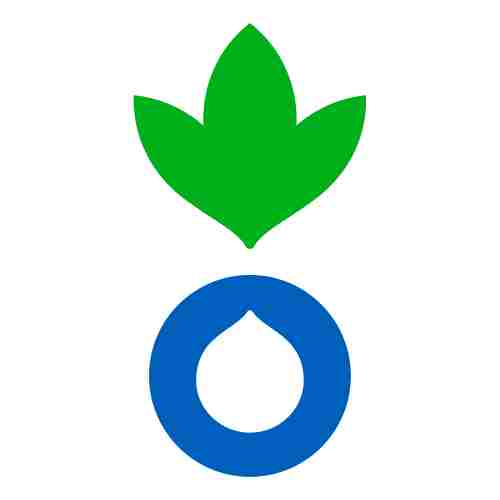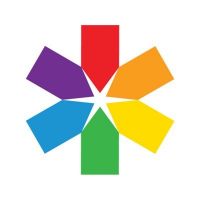Overall responsible for Consult, diagnose, treat and monitor all patients presenting to TFU according to National Protocols, as well as universal health standards. Apply medical and nutritional protocols to ensure the care of the patients in TFU.
: Ensure the provision of high quality medical and nutritional care in the TFU
Carry out the daily rounds in the assigned ward.
Clinical examination of patients daily in order to determine any change in their clinical status
Carry out any appropriate and available investigations that may adjust diagnosis
Prescribe medications and therapeutic foods according to patients’ diagnosis, age and weight, and be aware of possible drug interactions.
Ensure timely consultation and/or referral for complex medical cases which require higher medical support,
Re-evaluate critical patients regularly during the day and night
Carry out the admission visit, prioritize the emergency, take a comprehensive history, and clinical examination, medical and nutritional prescription
Perform night duties in TFU ward and assure quality and continuity of care 24/7.
Nutritional Responsibilities:
A) Admissions of eligible beneficiaries (children U5 with severe acute malnutrition with medical complications:
Decide which patients are at major risk and need special care in phase I.
Decide which patients should be admitted rapidly and examine after formal admission and the start of treatment.
Monitor, prevent and treat hypothermia in consultation with the pediatrician.
Monitor, prevent and treat hypoglycemia in consultation with the pediatrician.
Diagnoses and treat dehydration were present (strictly using the protocol).
Follow up on the anthropometric measurement of the children (height, weight, MUAC, checking bilateral edema and W/H percentage) with a nurse or doctor.
Follow up on the registration of all the beneficiaries in the TFU (registration book ID number, medical and nutrition treatment sheets, follow-up card ID number).
Follow-up and implementation of the medical treatment for severe acute malnourished children in the IPD SAM.
B) Follow up the treatment phases in the TFU:
Calculation, preparation, distribution, and monitoring of therapeutic milk according to the standard protocols for the beneficiaries.
Follow up on the anthropometric measurements taken by the registrar according to the protocols, daily, each other day, or on weekly basis and record in the registration book, follow-up cards for each beneficiary.
An identified patient who needs to be transferred to another phase or OTP, patient with failure to respond to treatment and patients who need to be discharged.
Follow up of the gain weight and feedback to the caregivers.
C) AT discharge
Check if all the procedures are completed before discharge (anthropometric measurements, medical and nutritional treatment, systematic treatment, and health and nutrition education).
Record all the necessary information on the registration book and card for each beneficiary.
E) Reporting and statistics of the center
Keep a tally of all the beneficiaries admitted and discharged from the nutrition center (admission, cured, defaulters, death, transfer and referral) by age group and admission criterion used.
Health and Nutrition Education
Supervise health and nutrition education to the caregivers and beneficiaries on (breastfeeding, complementary feeding, hygiene, care of pregnant and lactating women, and prevention of illness).
Safeguarding Responsibilities:
Safety and Security Responsibility:
We all have a responsibility to promote a safe and secure work environment, foster a safety and security culture, and ensure consistent application of, and compliance with, CARE Afghanistan safety and security policies and procedures.



